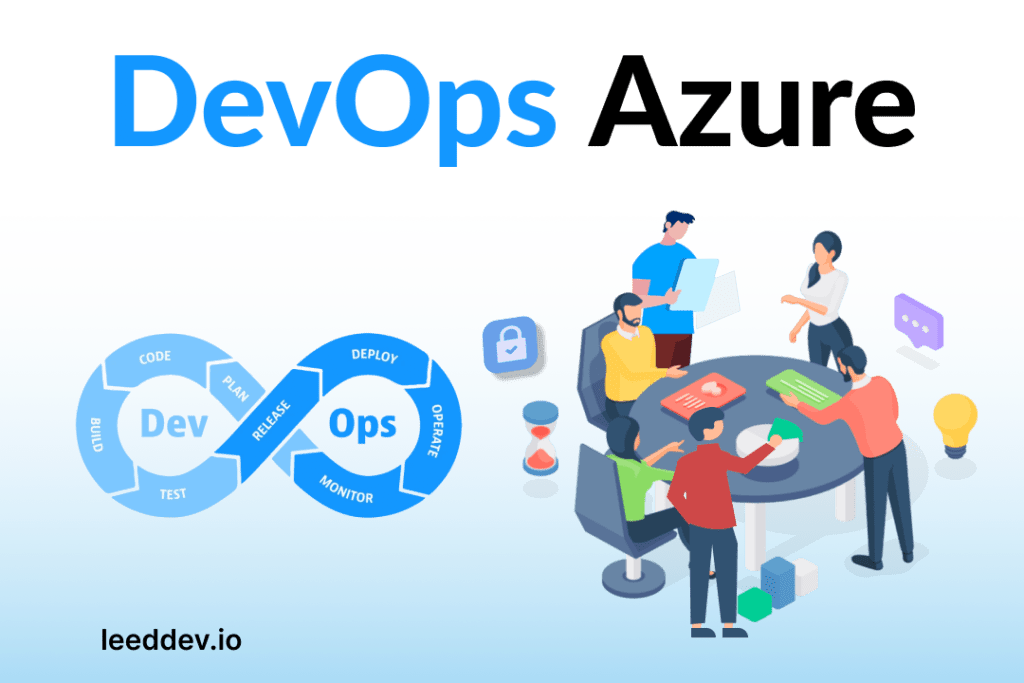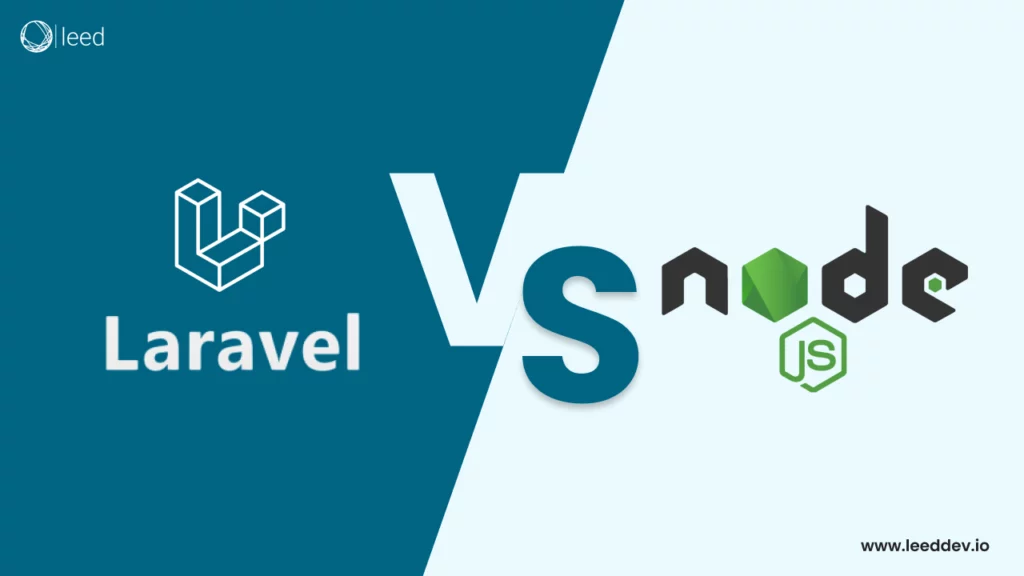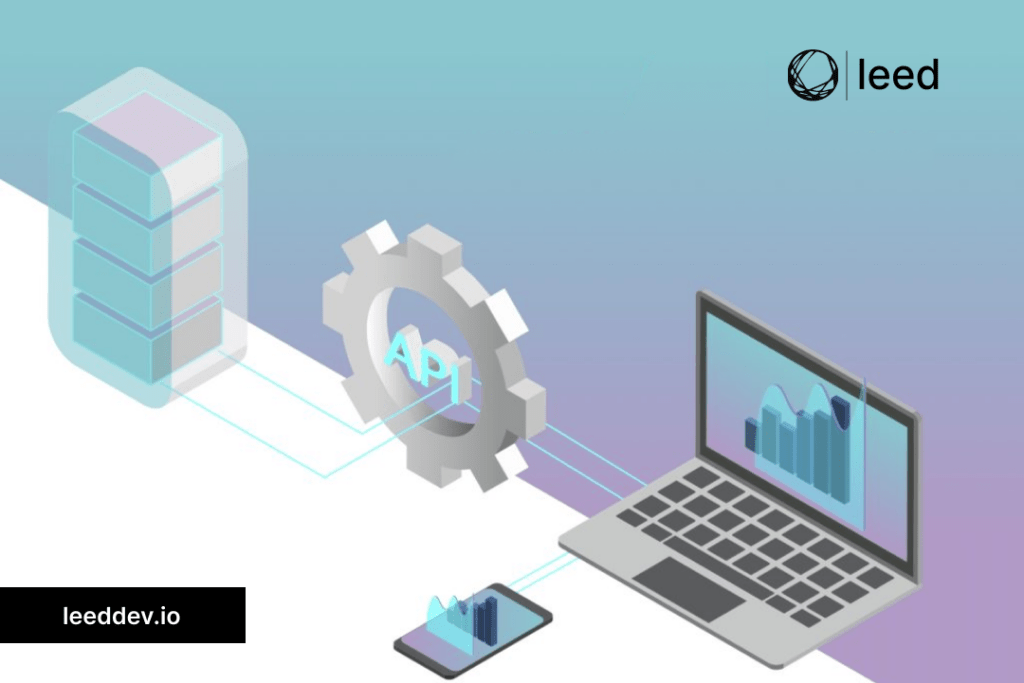At the very start of the computer world, only a few people knew about computer languages. There were a few individuals who were considered programmers. But in today’s world software houses require individuals to have knowledge of programming languages. And yes, you need to have a grasp of more than one language. However, the question here is that learning all the languages is an impossible task. So which one should you learn? Let’s discuss all the details regarding what a programming language is or the major types. This article will give you insights into the questions you have in your mind about programming languages.
What Is A Programming Language?
To simply describe, programming languages are a way through which you can communicate with computers. A programming language is a notation which allows developers to write computer programs. These languages are the most critical aspect during software development. This language is a way which allows computers to understand what you want.
Evolution Of Programming Languages
Before discussing how to choose the right programming language for you let’s discuss evolution and other important things. To simply describe we can divide programming languages into 6 main generations which are as follows:
- 1st Generation: Machine languages consisting of binary code.
- 2nd Generation: Assembly languages which were more human readable.
- 3rd Generation: Introduced widely used languages like C++, Java, Python, and PHP
- 4th Generation: Specialised languages like PL, SQL and R
- 5th Generation: Mostly focused on artificial intelligence concepts
- 6th Generation: No code languages which focus on rapid development with certain limitations.
How to Choose the Right Language for Your Software?
When choosing the language for your software there are several factors which you should consider. Some of the main factors are as follows:
Type Of App
The first thing you need to consider is the type of software application you are working on, whether it’s a web app, mobile app or business app. For instance Java is best for Android mobile apps. Knowing about the specifications of your app will help you know what type of programming language you should use. Using a specific programming language for each part of the project means choosing the best programming language for each piece of the project. This ensures that every part is built using the most suitable language for its job.
Choose Your Platform
Choosing your platform is another important factor which will help you in choosing the right language for your app. Identify your platform as early as possible, it’s better if you choose your platform in the initial phase. This is important as different programming languages are compatible with different platforms. Following this, JavaScript and PHP are the most compatible languages for web apps.
Maintainability
When you are creating an app your goal is that it stays in currents for as long as possible. You consider the long term maintainability of your app. That is why you need to choose a programming language which is not falling out of favour. Besides, choose a language which can handle updates. Remember, changes and updates are a must that is why outdated languages can cost you a fortune in the future.
Consider Scalability & Performance
As your app grows in popularity, it will attract more users and handle increasing amounts of data. Choose a language with good scalability like Ruby on Rails or Java Spring. Poor programming choices can lead to issues with image processing or page loading. Use real-time code profiling to optimise performance and troubleshoot efficiently.
Ensure App Security
Protect your app and user data from cyber threats. Keep up with security updates for your chosen programming language to maintain data integrity and comply with industry regulations. No matter what kind of app you make, ensuring users data protection is the major and most critical thing you need to do. So keep an eye for security updates for programming languages.
20 Best Programming Languages
Some of the most commonly and best programming languages of 2024 are given below:
- Javascript
- C#
- Swift
- C and C++
- Matlab
- TypeScript
- Java
- Scala
- SQL
- HTML
- Python
- Go
- PHP
- Kotlin
- R
- Ruby
- CSS
- NoSQL
- Rust
- Perl
Low Level vs. High-Level Programming Languages
Let’s discuss some of the main differences between low level and high level programming languages:
| Aspect | Low-Level Programming Languages | High-Level Programming Languages |
| Abstraction Level | Close to hardware | Far from hardware |
| Complexity | Simple | Complex |
| Readability | Less readable | More readable |
| Portability | Less portable | More portable |
| Performance | High performance | Lower performance |
| Memory Management | Manual | Automatic |
| Flexibility | Limited | More flexible |
| Development Speed | Slower | Faster |
What Programming Language Should You Learn?
With continuous updates in the programming language keeping up is very important for developers. Language Selection is only possible when you understand the project requirements. You can’t learn all the languages so when choosing to learn a language consider the following points:
- Determine your career goals
- Research the job market
- Understand industry demand and job requirements
- Learn in-demand programming languages like Python or Ruby
- Start with easy languages and progress gradually
- Find readily available learning resources
- Join communities and network with professionals
- Keep learning and adapting to market changes
Conclusion
In conclusion, programming languages are the cornerstone of software development, enabling communication between humans and computers. Understanding the evolution and types of programming languages is crucial for making informed choices. When selecting a language, factors such as the type of application, platform compatibility, maintainability, scalability, performance, and security must be considered. Additionally, staying updated with industry trends and continuously learning and adapting to market changes are essential for developers. By considering these factors and following a structured approach to learning and career development, individuals can navigate the vast landscape of programming languages and succeed in their chosen fields.
FAQs
What is a programming language?
A programming language is a set of instructions that enables communication between humans and computers, allowing developers to write computer programs.
How do I choose the right programming language for my project?
Consider factors such as the type of application, platform compatibility, maintainability, scalability, performance, and security requirements of your project.
Why is it important to stay updated with programming languages?
Continuous updates and advancements in programming languages ensure that developers can leverage the latest tools and techniques to build efficient and secure software.
What are some popular programming languages in 2024?
Some commonly used programming languages include JavaScript, Python, Java, C#, Swift, HTML, CSS, and more.
How can I start learning a programming language?
Begin by determining your career goals, researching the job market, understanding industry demand, and starting with beginner-friendly languages like Python or Ruby.
Where can I find resources to learn programming languages?
There are numerous online platforms, tutorials, books, and communities available for learning programming languages. Websites like Codecademy, Coursera, and freeCodeCamp offer comprehensive resources for beginners.
How can I ensure the security of my software applications?
Stay updated with security updates for your chosen programming language, implement best practices for secure coding, and regularly test and audit your applications for vulnerabilities.




